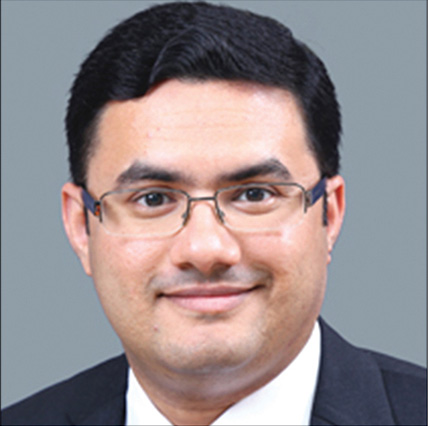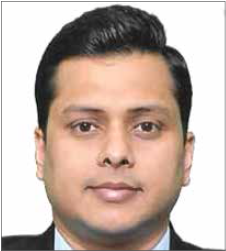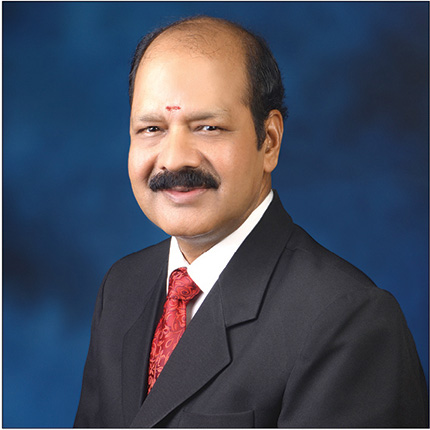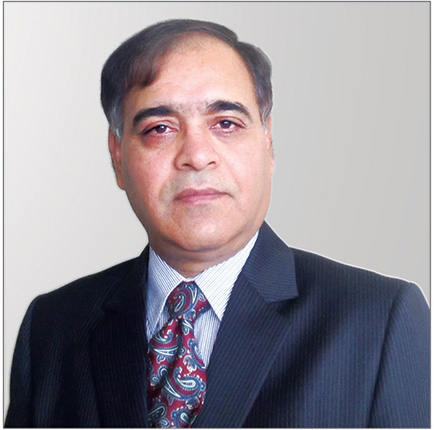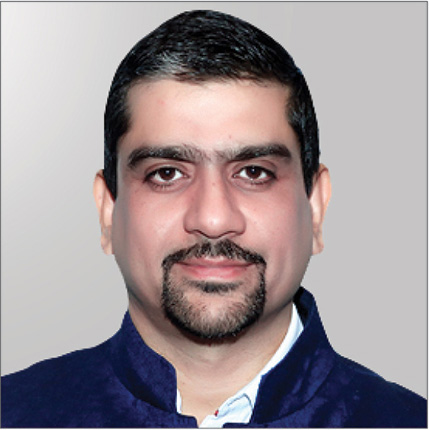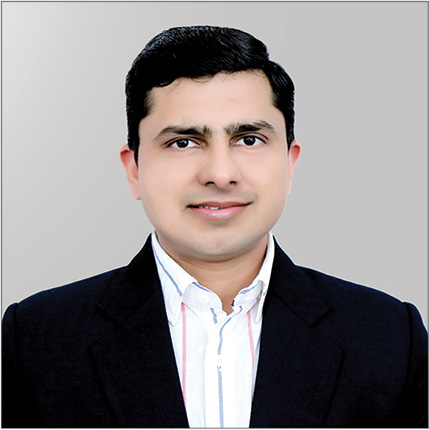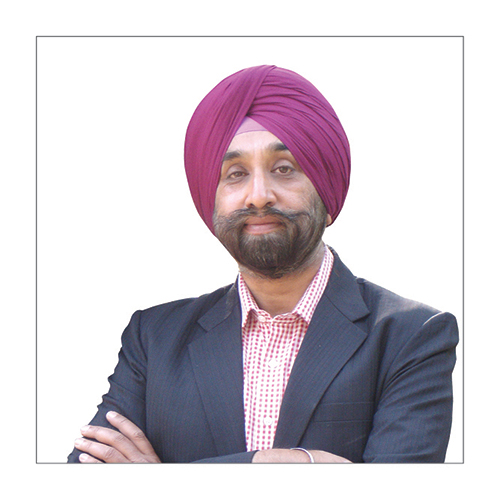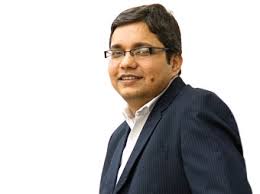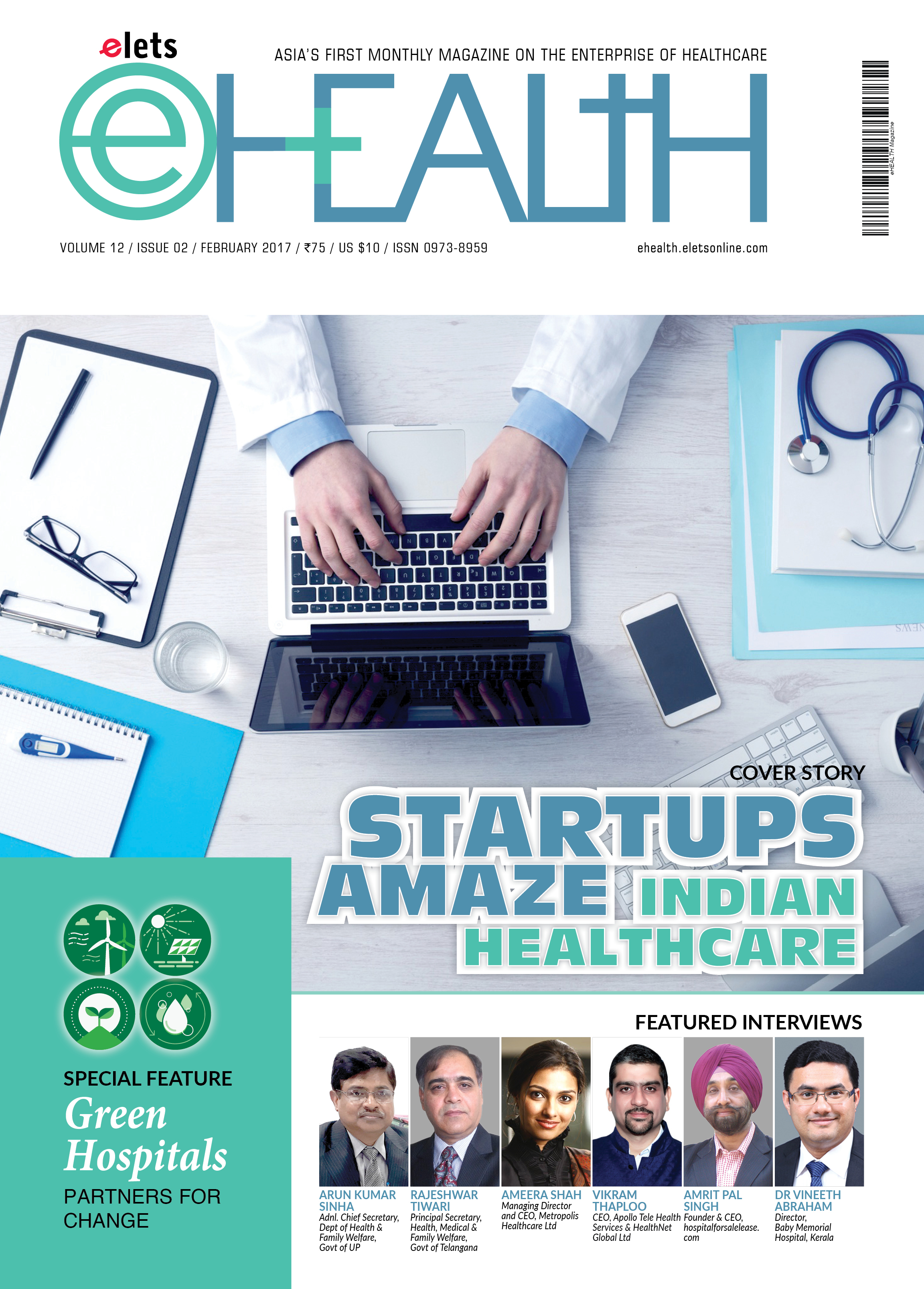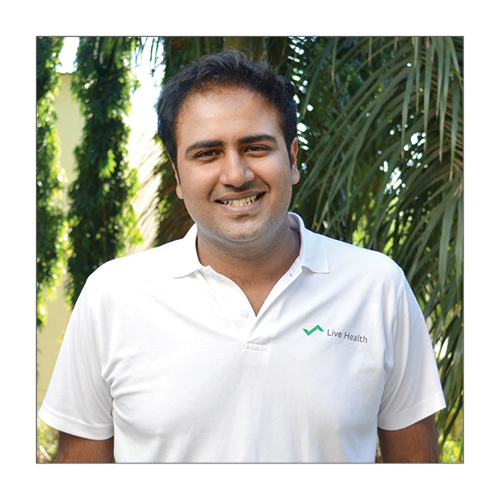
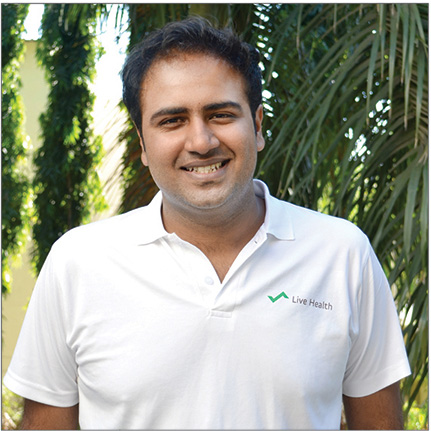
Co Founder and CEO, Livehealth
The fast paced developments in healthcare IT industry is ensuring availability of healthcare data at fingertips but due to lack of a standard way in which health records can be shared or stored, we are unable to unlock the full potential of healthcare industry, writes Abhimanyu Bhosale, Co Founder and CEO, Livehealth, for Elets News Network (ENN)
For the past two years, the healthcare IT industry has grown quite rapidly, venturing into newer areas like online consulting, Personal Health Records (PHRs) and home healthcare. Who wouldve thought few years ago that we would be able to avail healthcare services at our doorstep, get our medical records delivered right on the app with automated trackers to help you track your health and get personalised insights on your fingertips.

Social entrepreneurs have also contributed their bit in making healthcare more affordable. Companies like iBreastExam are making breast cancer screenings more quick, easy and accessible. UberHealth is making affordable medical devices aimed to reach the masses. But looking at the ecosystem, how will so many different services and devices work together? What about your personal health records? Many platforms are trying to consolidate healthcare data, the so-called PHRs, and almost certainly every health record is either in files or PDFs. But health records are more than just files. These are a snapshot of your health.
Health records serve as an evidence to help predict the possibility of an illness in the future or hold the key to your diagnosis during a medical emergency. But we still dont have our health records anywhere close to what we can call information. Also, our healthcare providers dont have the IT systems to share medical records in a format that our smart phones can read.
THE PROBLEM OF ARCHAIC SYSTEMS

We have always presumed that healthcare institutions use the best and the most futuristic IT systems to help improve patient care. Well that was in 2005, and those systems are obsolete and archaic now. We live in a different era, in a mobile and more connect world now. But more than 90 per cent of healthcare provider use IT systems build years back, which limits the healthcare potential in the age of Artificial Intelligence (AI) and machine learning. Innovation in areas which disrupts the technology used by healthcare providers will stand as a key milestone in the future of healthcare.
IT systems used by healthcare provider have more organised and accurate information than any other source. Companies like our, chose this challenge to make healthcare systems more standardised and affordable. Since last year we have upgraded more than 350 diagnostic centres and laboratories to fully automated processes. By enabling them to dispatch reports to patients and consulting doctors in a click of a button, over our mobile apps. Thereby not only reducing their daily workload and human errors but also making it very convenient for patients and doctors.
By structuring medical records in a way computers can understand and analyse, Livehealth has made them accessible across the spectrum of healthcare services, the healthcare provider, doctors and patients, owning the same copy of the medical record. This enables a whole new level of interaction, where for the first time, medical information is truly shared across stakeholders. This is already reducing the amount of time spent per test for diagnostic centers by more than half also sparing the time spent emailing or sharing medical records with doctors and patients. This also reduces the time it takes for doctors to get reports and act on the information.
By understanding and highlighting certain vitals and critical parameters in reports, Livehealth gives doctors more time to spend interacting with patients and acting on information than looking through files. The feedback that we get is that this is definitely what everyone thinks is the future of ehealthcare. But there is still a major challenge ahead, that is, collaboration of services. We need services that work with each other. Services that plug-in information on consent of patients and more collaborative platforms for a more improved and connected healthcare. We look forward to see that in the years to come.
Be a part of Elets Collaborative Initiatives. Join Us for Upcoming Events and explore business opportunities. Like us on Facebook , connect with us on LinkedIn and follow us on Twitter , Instagram.


